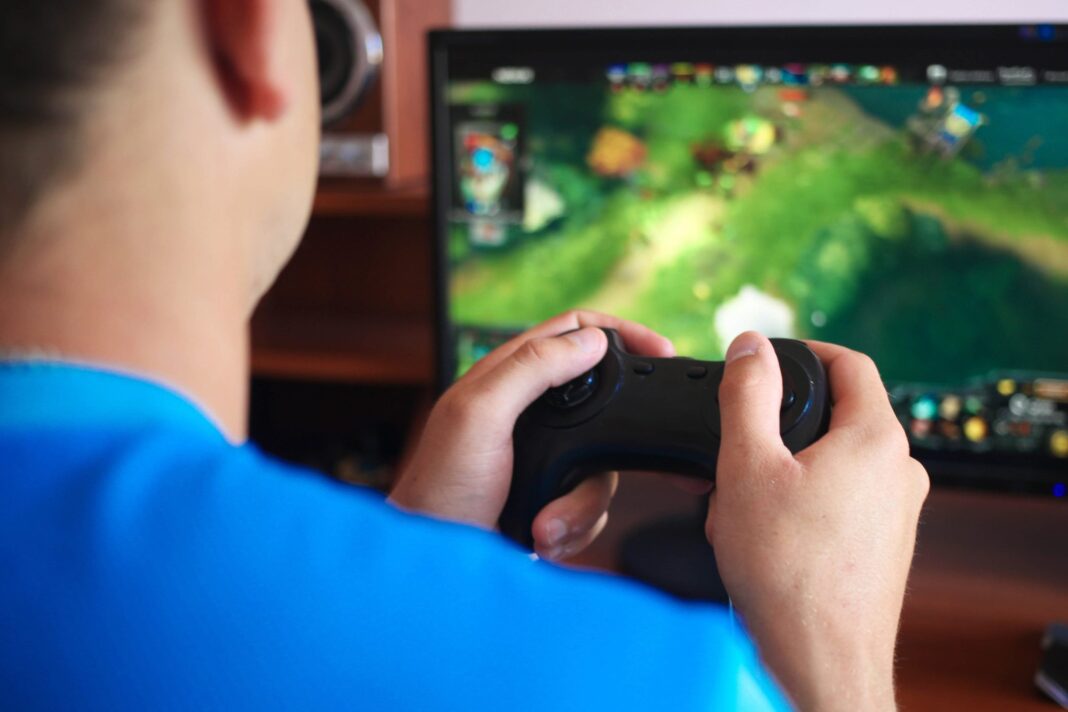Video games improve kids’ brains. Parents repeatedly worry about the harmful effects of video games on their children, from mental health and social problems to missing out on exercise.
A large new US study published in JAMA Network shows there also cognitive benefits associated with the popular pastime.
Lead author Bader Chaarani, an assistant professor of psychiatry at the University of Vermont, told AFP he naturally tired to the topic as an extreme gamer himself with expertise in neuroimagery.
Previous research focused on harmful effects, joining gaming with depression and increased aggression.
These studies still limited by their comparatively small number of participants, mainly those involving brain imaging, said Charaani.
New research, Chaarani and colleagues studied data from the large and continuing Adolescent Brain Cognitive Development (ABCD) Study, which financed by the National Institutes of Health.
They observed at survey answers, cognitive test results, and brain images from around 2,000 nine- and ten-year-olds, who separated into two groups: those who never played games, and those who played for three hours or more a day.
This beginning chosen as it exceeds the American Academy of Pediatrics screen time guidelines of one or two hours of video games for older children.
Each group judged in two tasks.
The first involved seeing arrows pointing left or right, with the children asked to press left or right as fast as they could.
They also told to not press anything if they saw a “stop” signal, to measure how well they could control their impulses.
In the second task, they shown people’s faces, and then asked if a following picture shown later on matched or not, in a test of their working memory.
Later using statistical methods to control for variables that could twist results, such as parental income, IQ, and mental health symptoms, the team found the video gamers performed reliably better on both tasks.
As they performed the tasks, the children’s brains scanned using functional magnetic resonance imaging (fMRI). Video gamers’ brains showed more activity in regions linked with attention and memory.
“The results raise the intriguing possibility that video gaming may provide a cognitive training experience with measurable neurocognitive effects,” the authors finished in their paper.
Right now it’s not possible to know whether better cognitive performance drives more gaming, or is its result, said Chaarani.
The team hope to get a clearer answer as the study remains and they look again at the same children at older ages.
This will also help reject other potential factors at play such as the children’s home environment, exercise and sleep quality.
Future studies could also help from knowing what genres of games the children were playing — however at age 10 children tend to favor action games like Fortnite or Assassin’s Creed.
Read More: Blocks affect mental health
“Of course, excessive use of screen time is bad for overall mental health and physical activity,” said Chaarani.
But he said the results showed video games might be a better use of screen time than watching videos on YouTube, which has no visible cognitive effects.


